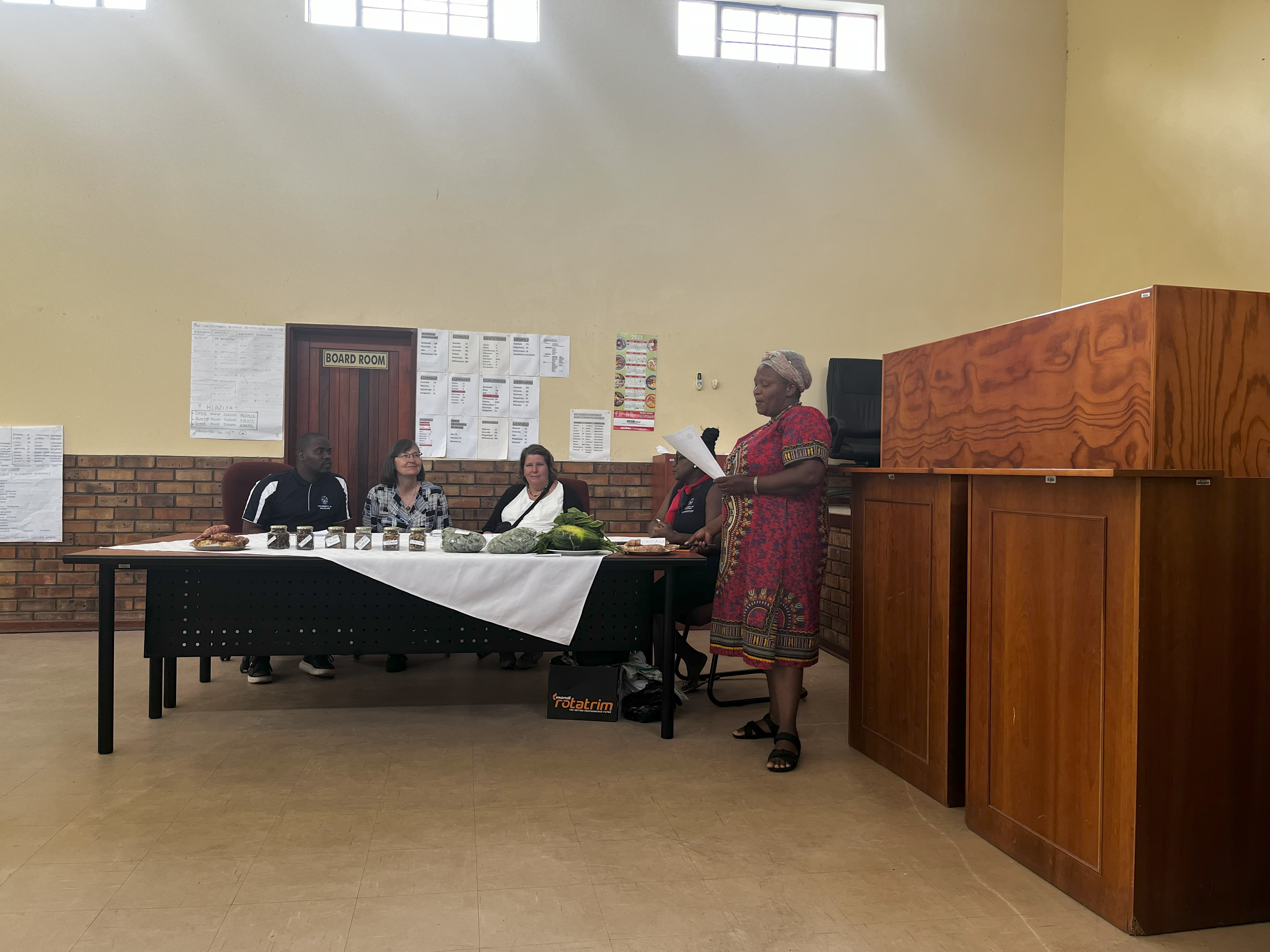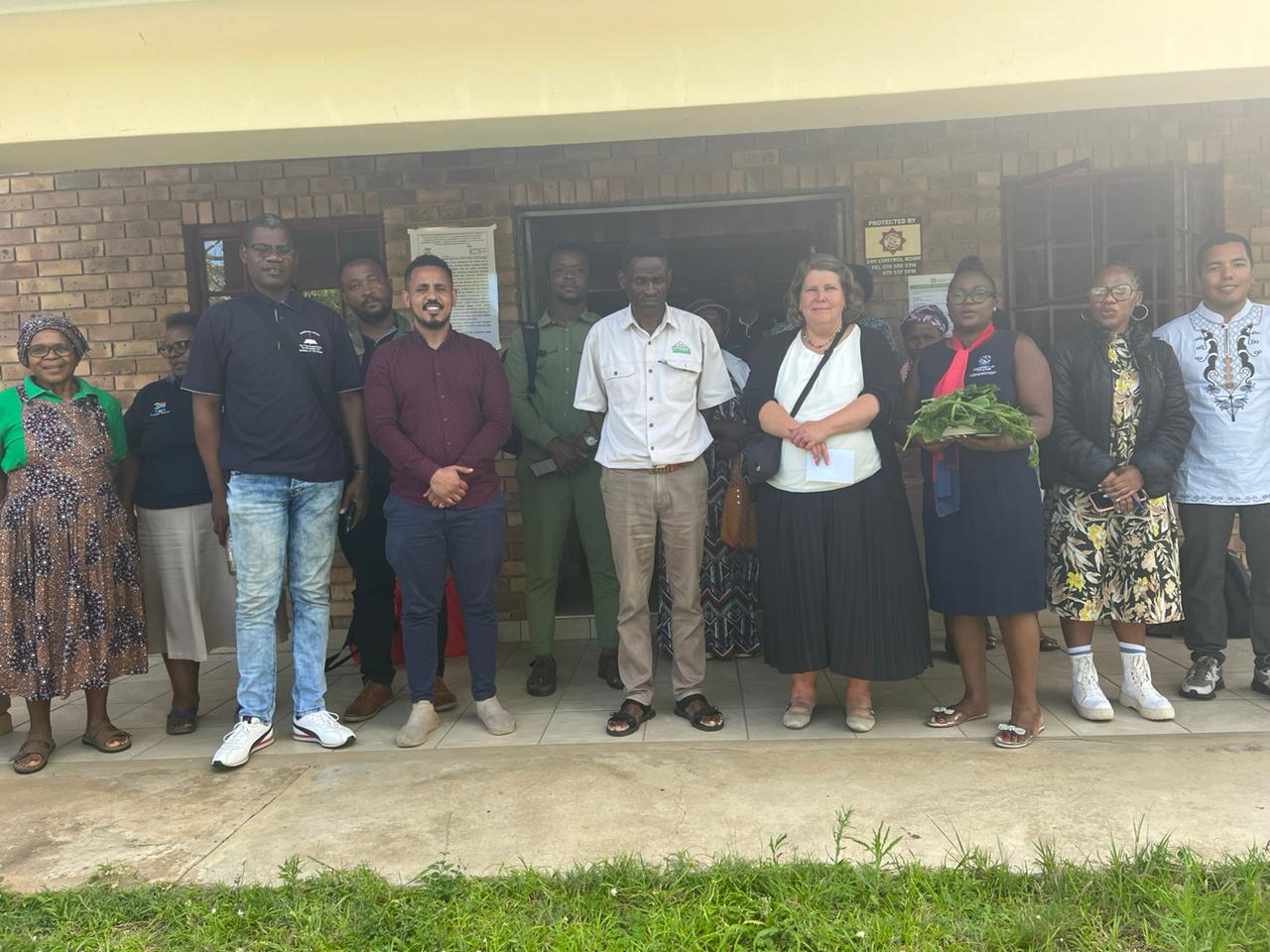Initiation phase: Project "Indigenous and neglected crops (INC) promotion for resilient agri-food systems in Southern Africa" (INCrease)
INCrease is a two-step process: (1) a initiation phase planned for 5 months (15.07.2023-15.12.2023) where the research consortium will develop a proposal that includes the perspectives of all stakeholders and (2) the implementation of the project for 3 years (expected to run from 2024 to 2027).
What is the situation with Indigenous and Neglected Crops (INC) in Southern Africa?INC (e.g., Sorghum, Pearl millet, Finger millet, Cowpea, Bambara groundnuts) could contribute to improve food security and livelihoods in rural and urban areas in Southern Africa. Nevertheless, their underutilization and lack of integration into local food systems might be related to knowledge gaps for production, processing and utilization; lack of awareness about the potential of INC; and an insufficient policy environment for the promotion of INC.
What is the aim of the INCrease project?Given the mentioned situation about INCs in Southern Africa, the objectives of the project are: (1) Generate, systemize & transfer knowledge about the production, marketing & utilization of INC. (2) Raise awareness for the potential of INC for sustainable and resilient food systems. (3) Gather concrete economic, ecologic, social, and health-related information on: How value chains for INC can be improved? How changes in local and food governance systems might improve the uptake of INC? How might food security and well-being of population in deprived communities be improved?
Who is involved in this project?University of Hohenheim Prof. Dr. Christine Wieck Dr. Olayinka Idowu Kareem David Puerta University of the Western Cape Prof. Dr. Ndomelele Ndiko Ludidi Dr. Ali Elnaeim Elbasheir Ali University of Fort Hare Prof. Dr. Anele Mayekiso University of Zululand Prof. Dr. Unathi Kolanisi
FundingThis project is funded my the German Federal Ministry of Food and Agriculture (BMEL). |
How is the initiation phase going?
The initiation phase includes the elaboration of a concept for the transdisciplinary approach of the project, mapping of stakeholders, co-creation workshops with stakeholders in the Eastern Cape and KwaZulu-Natal provinces in South Africa. Also, expert discussions and meetings at the Universities of Zululand and the Western Cape.
This first workshop took place virtually from two locations in South Africa: (1) At the University of the Western Cape (UWC) in Cape Town with the INCrease working team and researchers on nutrition and indigenous crops from UWC and (2) at Matatiele in the Eastern Cape province with selected stakeholders.















Mtubatuba



















Makhasa traditional council










